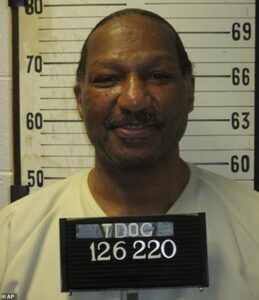By REBECCA ENGLISH, ROYAL EDITOR
Published: | Updated:
Prince Harry last night walked away from his African youth charity following a damning report into an explosive race row.
A Charity Commission investigation criticised both sides of the acrimonious boardroom battle yet the war of words between the two showed no sign of abating.
The probe said it could find ‘no evidence’ of ‘widespread or systemic bullying or harassment, including misogyny or misogynoir’ at Sentebale after its new chair, Dr Sophie Chandauka, made a series of incendiary allegations about the behaviour of the Duke of Sussex and his fellow trustees.
And it criticised the trustees, including Harry, who resigned on mass in the spring, after the furore blew up in the public domain.
Their failure to resolve disputes internally, ‘severely impacted the charity’s reputation and risked undermining public trust in charities more generally,’ the Charity Commission found.
In March, Harry resigned as patron of Sentebale, the charity he founded in 2006, going on to say he expected the investigation to ‘unveil the truth’ while hoping the charity would be ‘put in the right hands’, suggesting there may have been a path back for him.
Sentebale was set up to help orphans with Aids in the impoverished kingdom of Lesotho in memory of his late mother, Diana, Princess of Wales.
The name means ‘forget me not’ in the country’s official language.
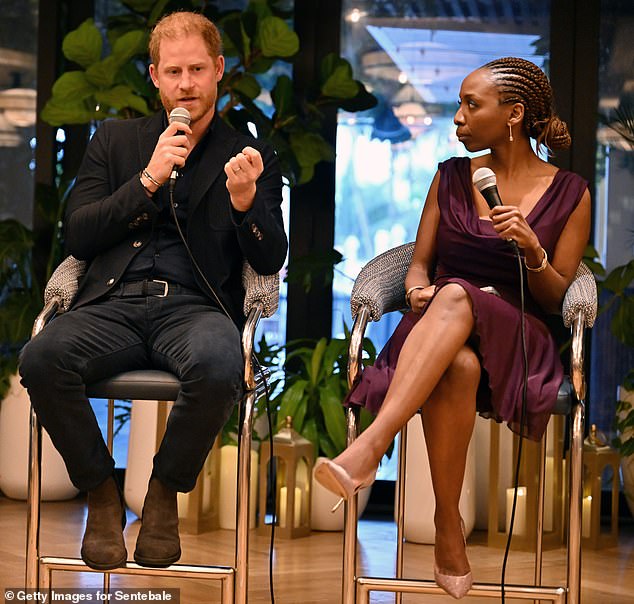
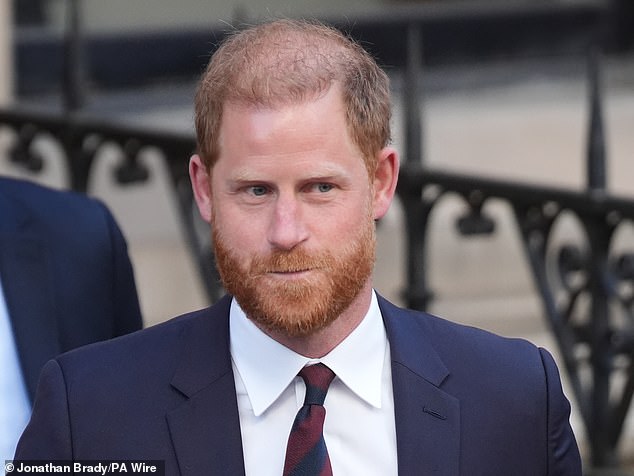
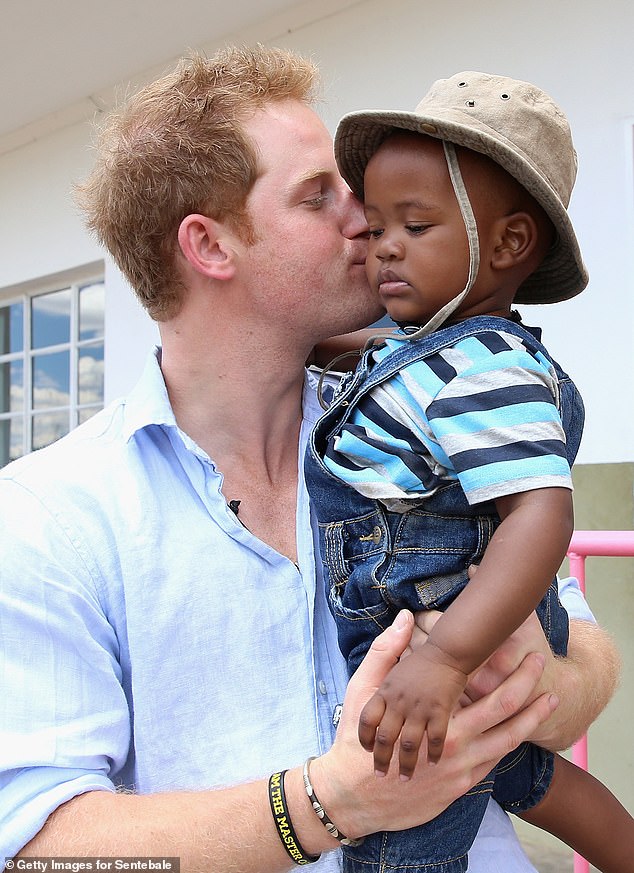
Last night, he made clear he had no intention of returning, with a spokesman saying: ‘With the original mission of Sentebale firmly in mind – and in honour of the legacy he and Prince Seeiso [of Lesotho] began – The Duke of Sussex will now focus on finding new ways to continue supporting the children of Lesotho and Botswana.’
The watchdog acknowledged the ‘strong perception of ill treatment’ felt by all parties, including Dr Chandauka, and the impact this may have had on them personally.
They ultimately found that a series of failures leading up to, and following, the dispute had led to ‘mismanagement in the administration of the charity’.
But, despite the Commission urging both sides in the dispute to take a step back from playing out their problems ‘in the public eye’, it is clear that both sides remain deeply entrenched.
In a further escalation of the war of words, a spokesman for the prince said it was ‘unsurprising’ that the report makes no findings of wrongdoing in relation to himself, or evidence of bullying or racism.
The statement also hit out at the Charity Commission itself whose report he claimed fell ‘troublingly short in many regards’.
In her statement, Dr Chandauka emphasised that it was she who first privately raised concerns about the charity’s governance with the Commission in February this year.
It was only after she did this, she stressed, that ‘those who resigned’ in March launched an ‘unexpected and adverse media campaign’ that had gone on to cause ‘incalculable damage’ to the charity’s work.
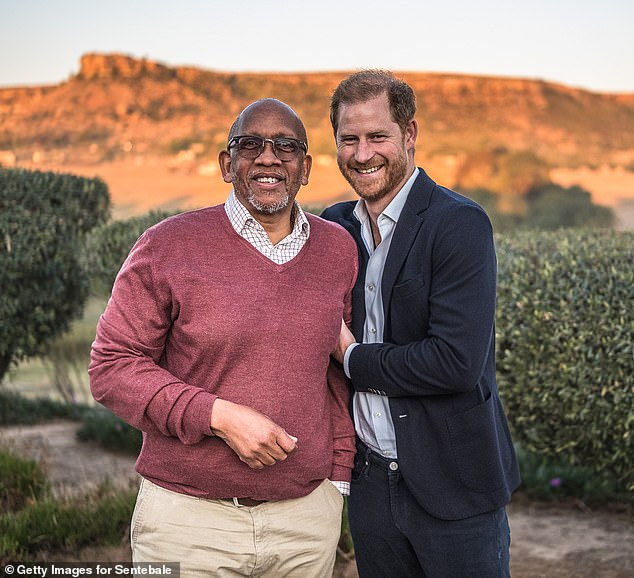
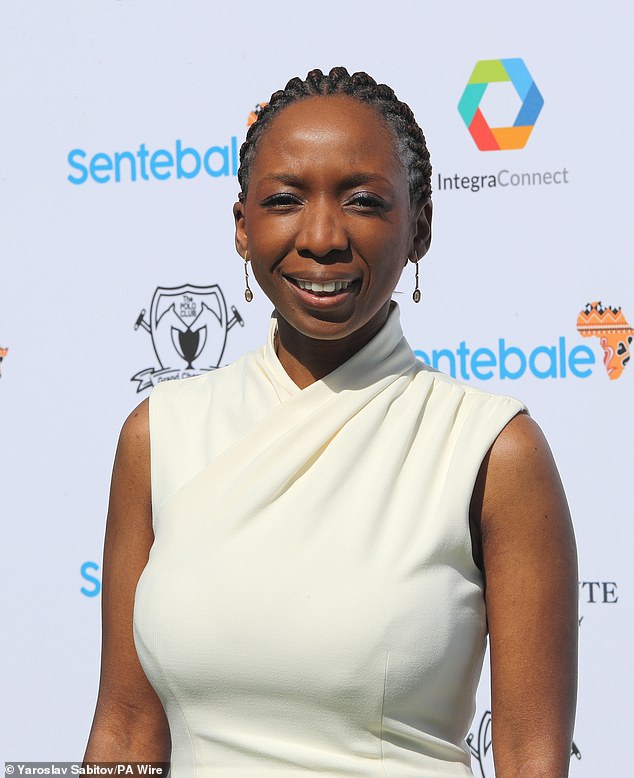
Tellingly, she added that the campaign subsequently publicly waged against her ‘offers a glimpse of the unacceptable behaviours displayed in private’.
Talking of the ‘intense’ and difficult process, she added: ‘We are emerging not just grateful to have survived but stronger….with our dignity intact.’
The row first exploded publicly in March when The Times newspaper was briefed about Harry’s decision to resign from his role along with his co-founder Prince Seeiso and fellow trustees, many of whom were close personal friends and associates of the royal, amid a row with Dr Chandauka about the governance and future of Sentebale.
He said his decision was ‘devastating’ and ‘unthinkable’ but described her leadership as ‘untenable’.
Dr Chandauka hit back, claiming the charity was beset by ‘misogynoir’ – misogyny against black women – and accusing the duke of ‘bullying at scale’ because she wanted to base the charity’s operations and governance more fully in Africa and look for new sources of revenue other than Harry’s favoured polo matches.
She said scathingly: ‘…beneath all the victim narrative and fiction that has been syndicated to press is the story of a woman who dared to blow the whistle about issues of poor governance, weak executive management, abuse of power, bullying, harassment, misogyny, misogynoir and the cover-up that ensued. I could be anyone.’
She also called the Sussexes’ brand ‘toxic’ and said the prince’s ability to attract funding for Sentebale had been detrimentally affected by the way he had quit royal duties.
Dr Chandauka also lifted the lid on a peculiar incident at a fundraising polo match in April 2024, when Harry and Meghan turned up with a Netflix camera crew in tow, and the duchess was publicly crucified for apparently wanting to hog the limelight.
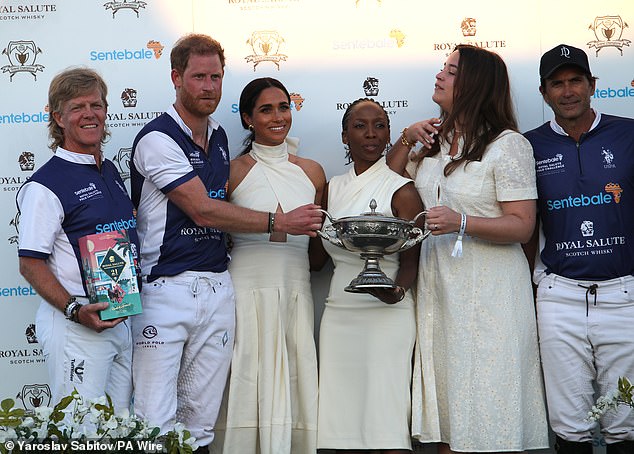
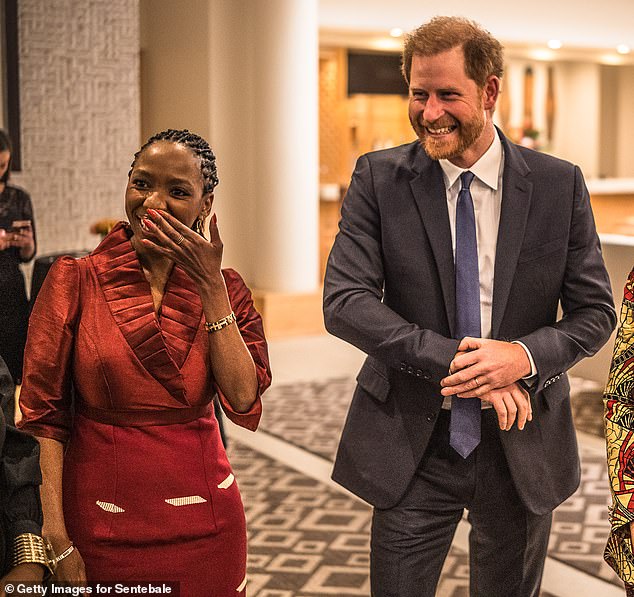
She alleged that Harry asked her to make a statement in defence of his wife and when she refused, saying it was important that Sentebale wasn’t seen as an ‘extension of the Sussexes’, she claimed she received an ‘extraordinary, unpleasant and imperious’ text message from the prince which further soured their relationship.
Following a lengthy investigation into the complaints from both sides, the Charity Commission said last night that it had issued the charity with a ‘Regulatory Action Plan’ to address ‘governance weaknesses’ after a ‘damaging internal dispute emerged’ between Dr Chandauka, the Duke of Sussex and other trustees.
The Commission emphasised that its role had been limited to determining whether the charity’s current and former trustees, including its chair, have fulfilled their duties and responsibilities under charity law.
It is not its responsibility to adjudicate or mediate internal disputes in charities, it stressed.
However the Commission also simultaneously admitted that it cannot investigate individual allegations of bullying.
The Commission, it said, had identified a lack of clarity around role descriptions and internal policies as the primary cause for weaknesses in the charity’s management.
It found that this confusion exacerbated tensions, which culminated in a dispute and multiple resignations of trustees and both founding patrons.
The Commission found that delegation of certain powers to the chair was ‘confusing and poorly governed’, but that trustees also failed to have proper processes and policies in place in investigate internal complaints.
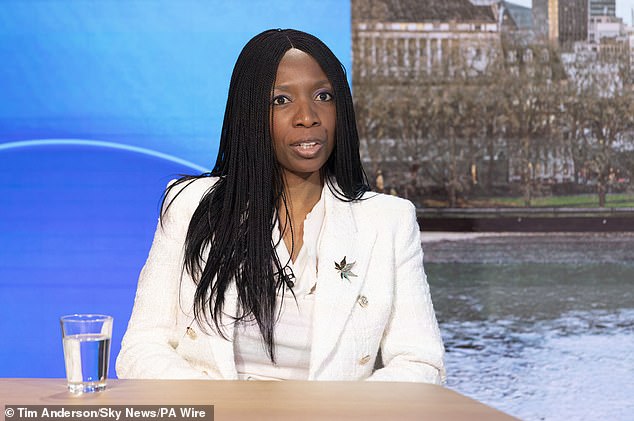
It added that the fact the ensuing row played out in the media, including explosive television interviews, were not in the charity’s best interests.
The Commission also found there was a ‘missed opportunity; to resolve the issues, which was contributed to by financial difficulties following the Covid pandemic, which contributed to tensions.
It added that more robust policies around the position and remit of patrons needed to be put in place.
The Commission added: ‘The regulator has criticised all parties to the dispute for allowing it [the dispute] to play out publicly, and further concluded that the then trustees’ failure to resolve disputes internally severely impacted the charity’s reputation and risked undermining public trust in charities more generally.
‘We hope our public statement will draw a line in the sand and that the focus can now be on allowing the charity’s work to continue.
David Holdsworth, chief executive of the Charity Commission, added: ‘Passion for a cause is the bedrock of volunteering and charity, delivering positive impact for millions of people here at home and abroad every day.
‘However, in the rare cases when things go wrong, it is often because that very passion has become a weakness rather than a strength.
‘Sentebale’s problems played out in the public eye, enabling a damaging dispute to harm the charity’s reputation, risk overshadowing its many achievements, and jeopardising the charity’s ability to deliver for the very beneficiaries it was created to serve.
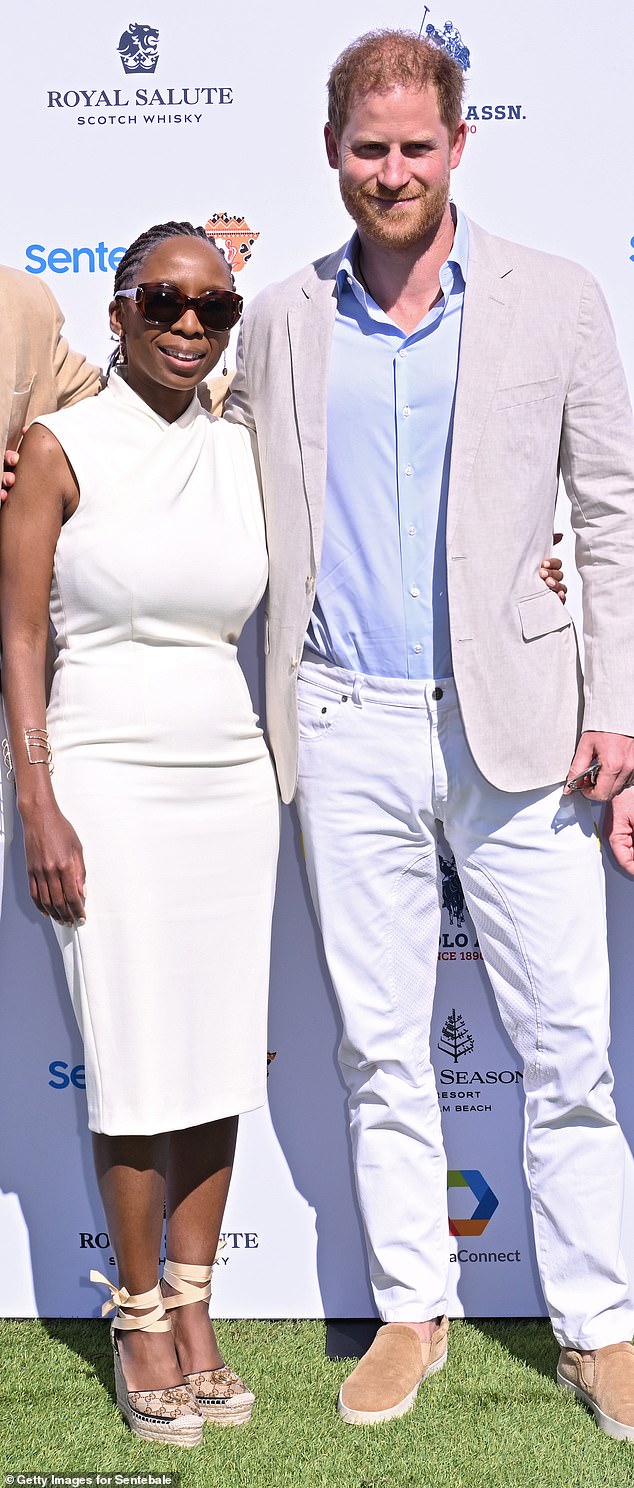
‘This case highlights what can happen when there are gaps in governance and policies critical to charities’ ability to deliver for their cause.’
Sentebale said it welcomed the announcement and confirmation that the charity has correctly appointed new trustees to take the charity forward.
It added that it wished to thank the Charity Commission for the thorough way in which it conducted the review, including ‘its responsiveness to the governance concerns that were first privately raised with the Charity Commission in February 2025 through its whistleblowing procedure’.
‘With these strong foundations now in place, Sentebale can move forward with confidence – free from interference, committed to continuous improvement, and focused on delivering solutions addressing health, wealth and climate resilience for children and young people in Southern Africa,’ it added.


